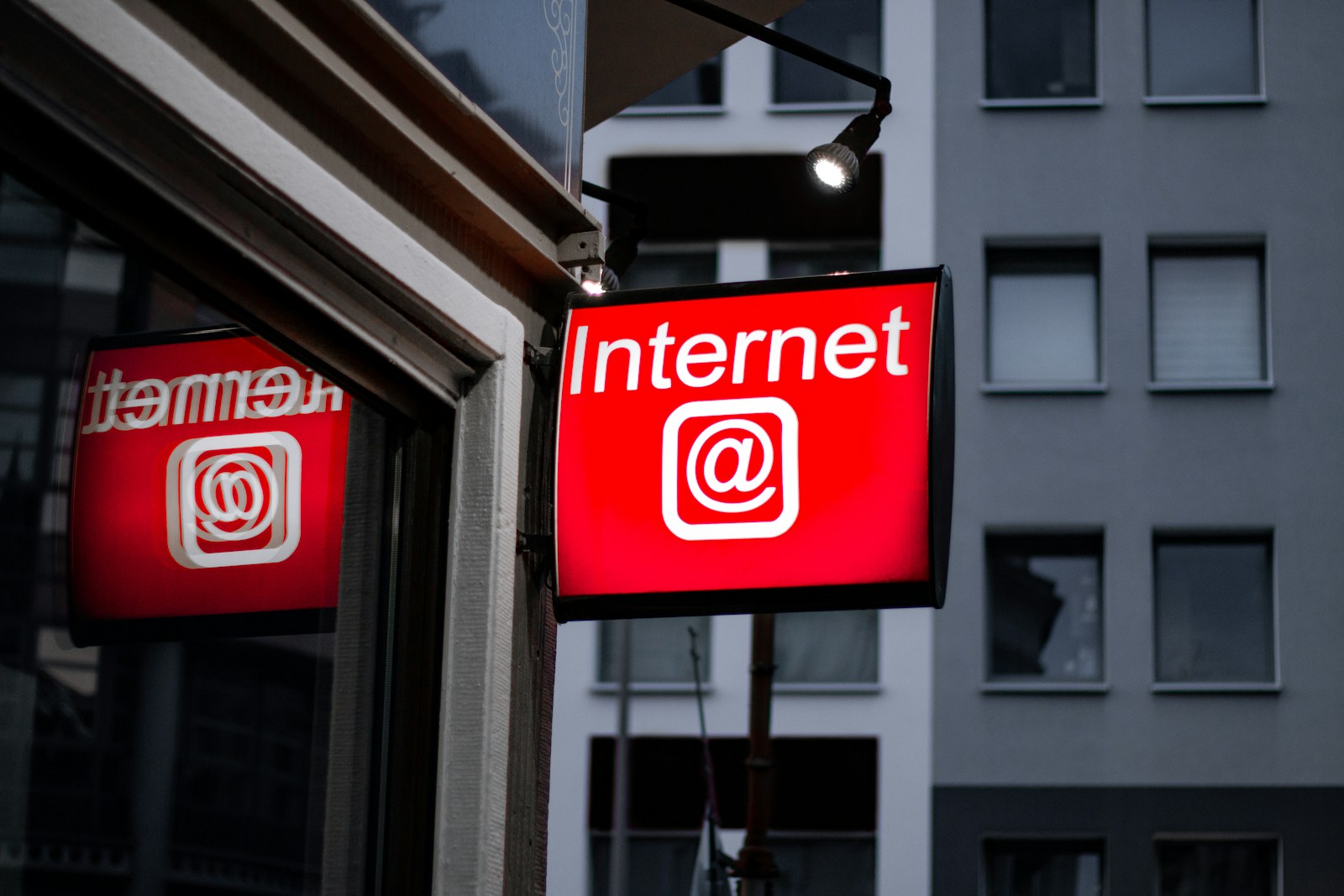In today’s digital age, it’s hard to imagine a world without the internet. It’s omnipresent, infiltrating every aspect of our lives like a virus. We’re no longer just users; we’re hosts, dependent on its vast network to survive. The internet has become an integral part of our daily routines, shaping our interactions, behaviors, and even our thoughts.
The symptoms of infection are clear. We wake up to the glow of our screens, reaching for our phones like a lifeline. Our days begin with a digital crutch, as we rely on Google to answer every question, no matter how trivial. Social media dominates our social interactions, often replacing face-to-face connections and deep, meaningful relationships. Online shopping has become the norm, with same-day delivery and instant gratification fueling our consumerist desires. We bank, work, and even date online, blurring the lines between reality and virtual reality.
The internet’s tentacles have wrapped themselves around our world, seeping into every crevice. It’s no longer just a tool; it’s an ecosystem we inhabit. We’re constantly connected, yet paradoxically, isolation and loneliness have skyrocketed. Our attention spans have shrunk, and we’re addicted to the endless stream of information, entertainment, and validation.
As we surrender to the internet’s grasp, we risk losing touch with the world around us. Deep thinking, critical analysis, and meaningful relationships are being sacrificed for the sake of convenience and instant pleasure. Our privacy, security, and mental health are compromised, leaving us vulnerable to cyber threats, misinformation, and digital manipulation.
To mitigate the effects of this digital infection, we must set boundaries and establish screen-free zones and times. Regular digital detoxes can help us recharge and regain perspective. Engaging in offline activities like hobbies, community service, and face-to-face interactions can help us nurture our humanity. It’s essential to critically evaluate online information, seeking diverse sources and fact-checking to avoid the pitfalls of misinformation. Prioritizing privacy and security by using strong passwords, VPNs, and two-factor authentication can also protect us from cyber threats.
In conclusion, the internet is indeed a virus, but it’s also a powerful tool. By acknowledging its influence and taking control of our digital lives, we can harness its potential while preserving our humanity. Let’s strive for a balanced coexistence, where the internet enhances our lives without dictating them. The cure lies in our ability to adapt, evolve, and reclaim our agency in the digital age.
